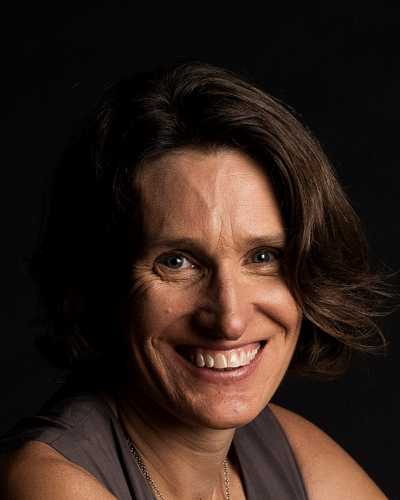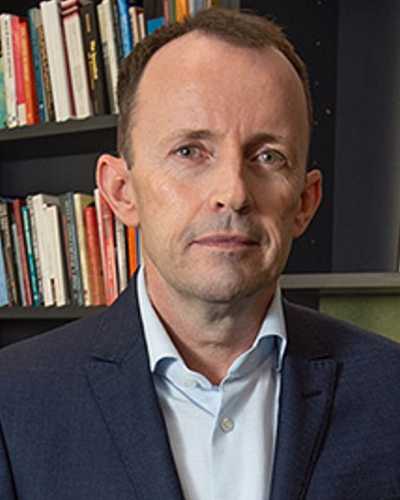Early abstract
Children and young people living in residential care are vulnerable to child sexual exploitation (CSE). Practitioners working with these young people require professional education and training to equip them with the knowledge and attributes to deal with this risk. These practitioners also have unique insights into the capacity of child protection and connected systems to protect these young people. However, research indicates major gaps about multiple important domains of professional practice and systemic responses to CSE. In particular, little evidence exists about: first, the professional training provided to practitioners who work with children in residential care who are at risk of CSE; second, practitioners’ perceptions of the utility of this training; and third, practitioners’ views about systemic barriers and facilitators to sound responses to CSE. This article reports on a qualitative study with (n=8) practitioners working in residential care in the Australian state of Queensland. Research aims were to explore practitioners’ views about: (1) their training, and its influence on their knowledge of key dimensions of CSE, and on their professional practice; and (2) impediments and facilitators to effective multi-agency collaboration to protect children and young people from CSE. Participants’ responses yielded three clear thematic findings; first, that CSE training is effective and vital to enhanced practice in multiple ways; second, that diverse systemic problems in the residential care context impede effective multi-agency responses to CSE; and third, that key contextual factors are fundamental facilitators of effective multi-agency responses. Findings have implications for future practitioner training and systems reform.
Keywords: child sexual exploitation, multi-agency working, professional practice, residential care, training.





